Across cities like Atlanta, Savannah, Augusta, Athens and Macon, dash cams have become a common sight. These compact onboard cameras offer continuous recording of the road, acting as digital witnesses during accidents, traffic stops, and other critical events. With Georgia’s growing traffic challenges—ranked among the nation’s highest for traffic fatalities—dash cams can enhance safety, aid drivers in emergencies, and even reduce fraudulent accident claims.
But while dash cams are legal across Georgia, their use comes with important rules around placement, audio recording, privacy, and admissibility in court. Missteps could result in citations, privacy violations, or unusable footage.
This article explores Georgia’s dash cam regulations in depth—including where you can mount your camera, how to record audio lawfully, protecting privacy and data, using footage in legal and insurance cases, and best practices for selecting and operating these devices effectively across major Georgia cities.
Georgia’s Legal Landscape on Dash Cams
Dash Cam Legality in Georgia
In Georgia, recording video on public roads is generally allowed—there is no expectation of privacy on highways, city streets, or public thoroughfares. Dash cam use is legal as long as your setup doesn’t interfere with safe driving or violate privacy rights.
Georgia follows a “one‑party consent” rule for audio recordings, meaning only one person involved in the conversation—like the driver—needs to consent. This allows dash cams with microphones, as long as that driver knows recording is happening. Informing other passengers remains best practice.
Obstruction and Windshield Laws
Georgia Code § 40‑8‑73 prohibits placing anything on the front, rear, or side windows that obstructs the driver’s “clear view” of the road. This includes non‑transparent materials that impede vision. Dash cams mounted directly to the windshield are risky—if positioned incorrectly, they could obscure part of the driver’s view and lead to fines or even collisions.
The safest approach is dashboard mounting or placing the camera behind the rearview mirror, where it captures the front view without blocking sight lines. Avoid large suction‑cup units in the center of the windshield.
Legal Audio Recording: The One‑Party Rule
Georgia law requires that only one party in the conversation needs to consent to audio recording. That means if your dash cam records in‑cab audio and you’re the driver, you’re covered.
However, ethical and practical concerns still apply:
-
Notify Passengers – Speak clearly before driving or post a visible sign indicating audio recording is active.
-
Use Sparingly – If sensitive conversations may occur, consider disabling audio temporarily.
-
Respect Privacy – Even though legally allowed, constant audio recording can make passengers uneasy. Clear labeling or notices can avoid complaints.
Privacy Matters: Public vs. Private Spaces
Recording footage in public spaces like roads and sidewalks is generally permissible in Georgia. But when entering private property—driveways, parking lots, shopping center garages—expectations change.
-
Public Areas – Any recording on public roads is typically valid evidence in accident claims or disputes.
-
Private Property – Capturing video in private areas could raise privacy complaints. You may need permission to record on private land.
-
Distributing Footage – Blur faces and plate numbers before posting online—especially if people involved are identifiable, to reduce legal and privacy risks.
Mounting Your Dash Cam: Placement Guidelines
Proper placement ensures legality, clear footage, and safety. Consider these guidelines:
Dashboard Mounting
-
Ideal Location: Directly on the dashboard, above or below the center dash vents.
-
Advantages: No windshield obstruction, clear forward view, stable.
-
Tip: Use strong adhesive or mounts; position near windshield edge to maintain wide capture angle.
Rearview Mirror Area
-
Expected Spot: Tucked behind the mirror, invisible to road vision yet capturing forward view.
-
Caveat: Make sure it doesn’t hide any mirror alignment screws or block views.
-
Benefit: Cleaner aesthetic, less noticeable, consistent framing.
Windshield Mounting (with Caution)
-
Allowed if mounted in an area that doesn’t interfere with sightlines. Avoid placement in central vision fields near wipers or rearview sight triangle.
-
Use small, low-profile mounts and test visibility from driver’s seat.
Hooks:
-
Any obstruction to the visual field—even partially—can lead to fines or being pulled over.
-
Fine amounts vary depending on officer discretion but generally range around $50–$100 for a windshield obstruction.
Using Dash Cam Footage in Court and Insurance Claims
Dash cam recordings have become powerful tools in collision investigations and claims disputes. As evidence, they carry significant weight—but must meet standards.
Admissibility in Court
Georgia courts typically accept dash cam videos when they are:
-
Relevant – directly pertaining to the case.
-
Authenticated – proven as unedited and accurate.
-
Unaltered – preserved in original format.
-
Clear and Useful – visually detailed enough to show facts like movement, signals, timing.
Video alone may not suffice—you may need witness statements, police reports, or expert testimony to support context.
Insurance Benefits
-
Shape Liability – Clear timelines and visuals can establish fault quickly.
-
Prevent Fraud – Dash cams help combat staged or manufactured accident claims.
-
Speed up Claims – Less ambiguity means faster resolutions.
-
Document Conditions – Weather, road conditions, behavior captured on video strengthen claims.
Some insurers around Atlanta, Savannah, and Brunswick may provide discounts or incentives for dash-cam-equipped vehicles—ask your provider.
Staying Out of Trouble: Common Pitfalls & Best Practices
Even legal dash cam use can backfire if you’re not prepared. Keep these practical tips in mind:
-
Test and Maintain Regularly
-
Verify date/time stamps weekly.
-
Check recording quality—especially after updates or resets.
-
Format memory cards periodically to avoid corrupted loops.
-
-
Secure Not Just Record
-
Save crucial footage immediately after incidents.
-
Upload backup copies to cloud or phone.
-
Retain original raw files (don’t crop or edit) for legal credibility.
-
-
Be Discreet During Traffic Stops
-
Some drivers hold back footage during stops, fearing officer confiscation. Instead, respond truthfully if asked; you generally retain rights to footage.
-
Note: recording law enforcement interactions may have stricter rules—stay current on your rights.
-
-
Disable Audio Near Private Talks
-
Turn off internal mic during rides with kids or passengers discussing private or sensitive matters.
-
-
Respect Local Rules
-
Not all dash cams survive Georgia summers. Choose heat‑resistant models (especially in Savannah or coastal cities).
-
Choosing the Right Dash Cam for Georgia Roads
When selecting a dash cam, balance legal requirements with performance:
Essential Features
-
Compact Design – Low profile mount prevents obstruction.
-
High Resolution – 1080p or 1440p for clear license plate capture, especially at night.
-
Low‑light/Night Vision – Useful for dawn/dusk or poorly lit Savannah roads.
-
GPS & Timestamp – Essential for logging speed, location, direction.
-
G‑Sensor – Triggers event recording on impact.
Advanced Options
-
Dual‑Channel (Front+Rear) – Popular in Atlanta and Augusta for collision coverage from both directions.
-
Parking Mode/Motion Detection – Captures hit‑and‑run events while parked (valuable in Athens).
-
Wi‑Fi/Cloud Backup – Enables easy access to footage; helps ensure evidence isn’t lost in accidents.
-
Capacitor vs. Li‑Polymer Battery – Capacitors last longer in hot climates like Gainesville; Li‑Polymer batteries degrade faster.
Recommended Models
-
Viofo A129 Pro Duo – Reliable dual‑channel system praised for heat resistance.
-
Garmin Dash Cam Mini 3 – Tiny, mounts discreetly behind mirror.
-
Nextbase iQ Series – Full‑featured, user‑friendly, cloud‑backup capable.
-
Miofive S1 Ultra – Budget-friendly 4K with GPS; good value for daily commutes.
Real‑World Scenarios in Georgian Cities
Let’s walk through typical situations across Georgia where dash cams make a difference:
Atlanta Rush‑Hour Collision
You’re heading down I‑285 in peak traffic when another driver strikes your rear. Your front dash cam captures the collision, timestamp, speed, and faulty brake lights. You save the footage, present it to your insurer, and fault is clearly determined without back‑and‑forth.
Savannah Historic District Hit‑and‑Run
While parked near River Street, your rear‑view dash cam records a vehicle backing into yours and fleeing. You capture the license plate, model, and event. Police use that to issue tickets and return your car’s damage.
Athens College Student Safety
A student commuter installs a dash cam for protection against local parking lot vandals and campus disputes. With parking‑mode recording enabled overnight, incidents are captured and shared with city security.
Privacy Concerns & Ethical Use
Dash cam footage often includes bystanders, pedestrians, and private surroundings. Even legally captured, inappropriate sharing may lead to backlash or legal complications.
Best Practices for Privacy:
-
Blur faces and license plates before sharing online.
-
Keep footage internal—use privately, share only with insurance, police, or legal counsel.
-
Label dash cam as “Audio/Video recording in progress” to notify passengers.
Future Trends: What’s Next in Georgia Dash Cam Laws?
-
Wider Dual‑Channel Use – Rear and interior cameras becoming standard.
-
Insurance Incentives – As insurers recognize fraud reductions, expect discount programs to expand statewide.
-
Privacy Law Evolutions – New local ordinances may limit recording on private property.
-
Advanced Tech – AI detection of lane‑divergence or drowsiness could integrate into dash cams soon.
Stay updated through state DMV bulletins and legal news to ensure ongoing compliance.
Summary: Air‑Tight Dash Cam Compliance in Georgia
Georgia drivers enjoy legal permission to use dash cams—but only when done correctly. Success comes from:
-
Mounting on dashboard or behind mirror (no windshield obstruction).
-
Legally informed, one‑party audio consent.
-
Respecting privacy on private property and before sharing.
-
Saving and authenticating footage properly.
-
Choosing capable, heat‑tolerant equipment.
Whether you commute daily in Atlanta, navigate coastal Savannah, or drive through rural Macon highways, a well-mounted, well‑maintained dash cam offers protection, peace of mind, and peace of evidence. Stay smart, stay legal, and let your dash cam just work—no surprises, no trouble, just safety.


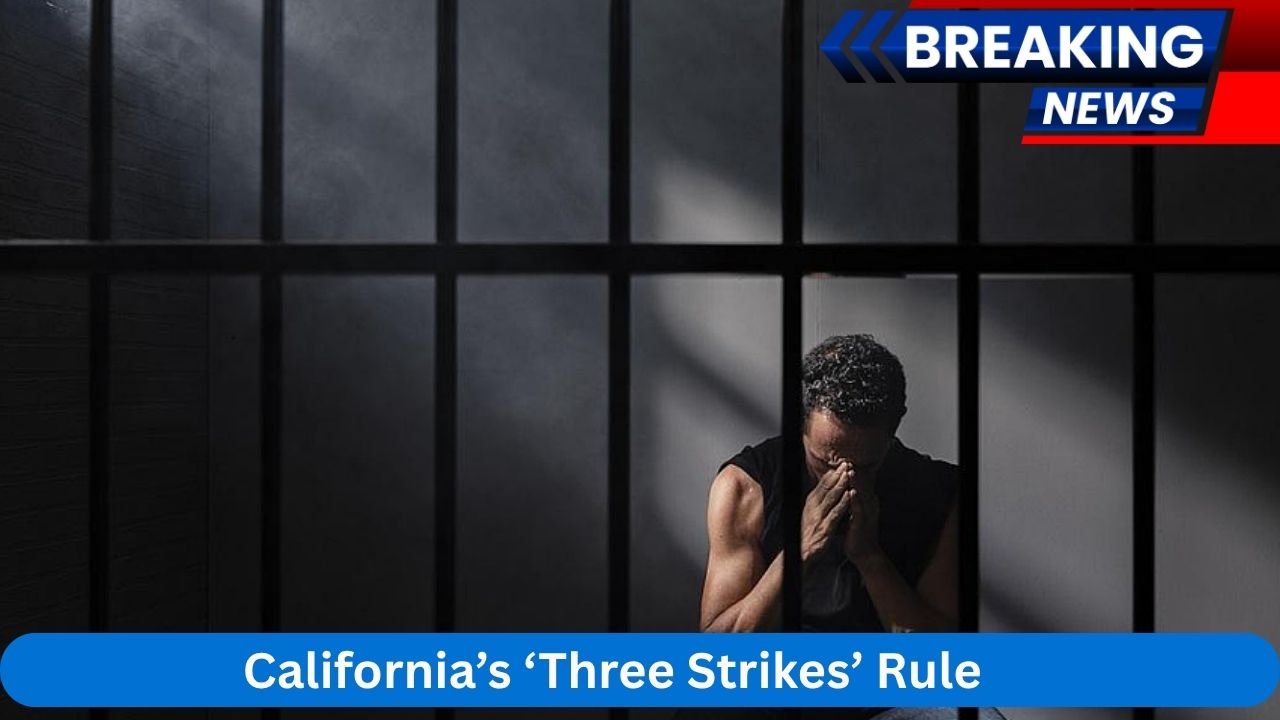
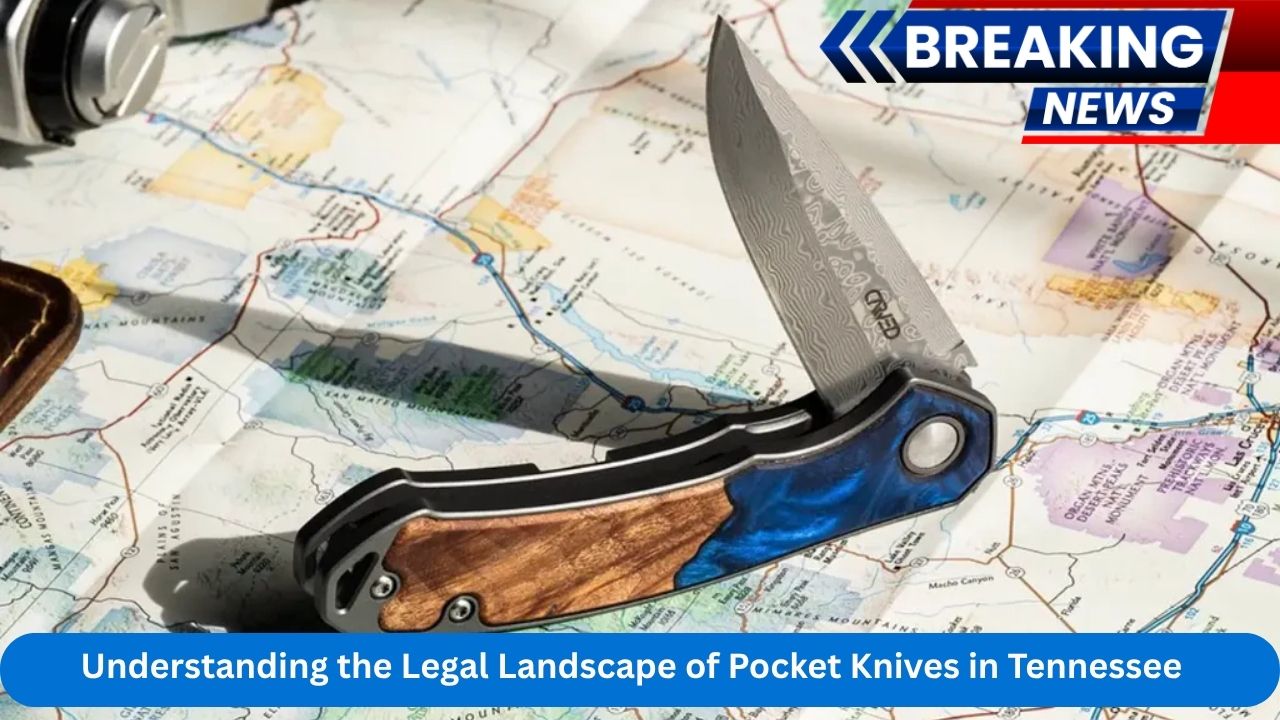



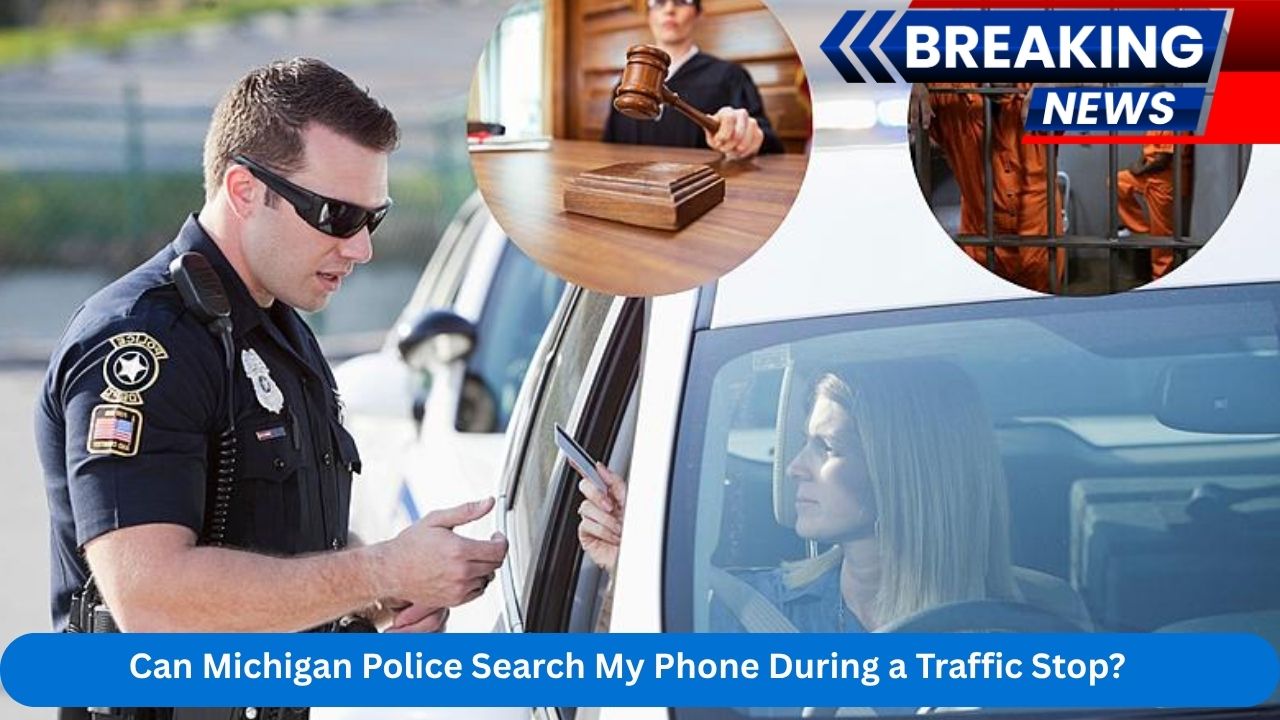


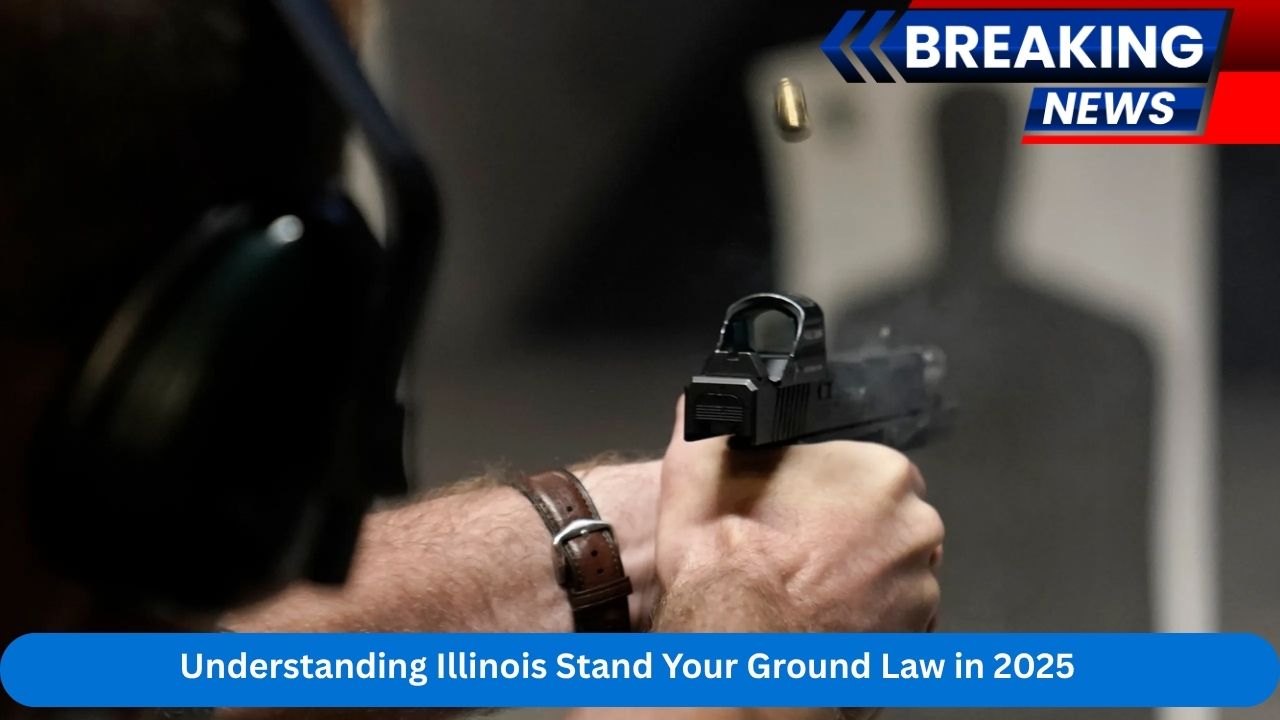
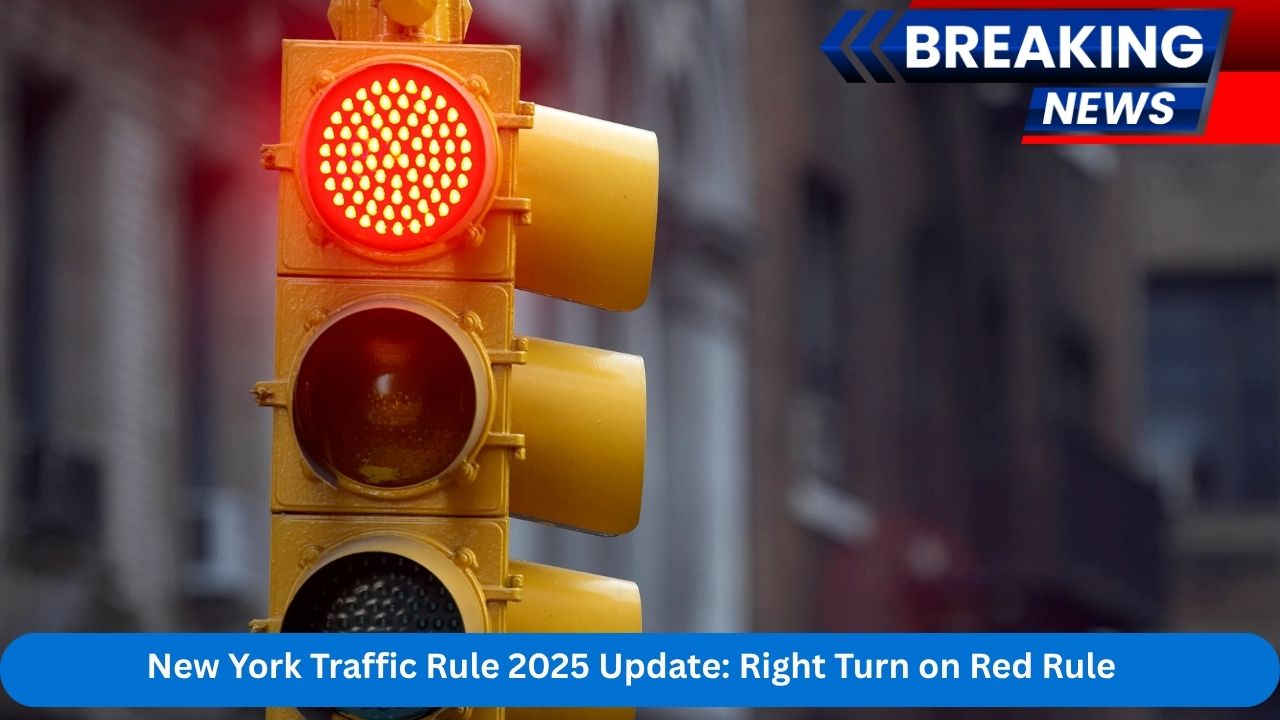
Leave a Reply